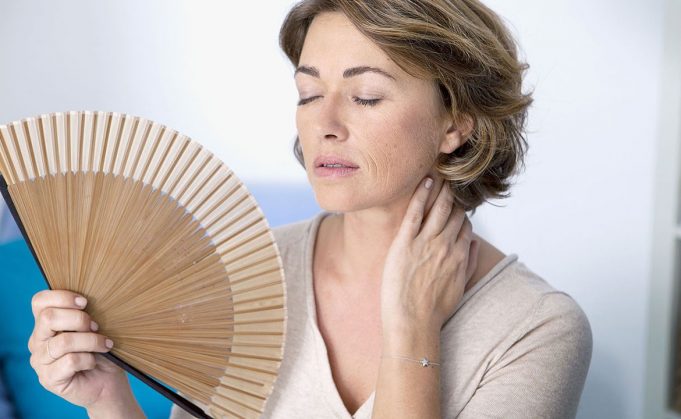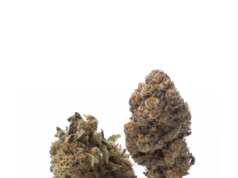Though it’s a natural phase of a woman’s life, menopause is usually awaited with much apprehension. While many women pass through this phase with little or no difficulty, others experience distressing symptoms that can last for months to years. Before, during and after menopause, the body experiences fluctuations in several hormones, each with varying effects and symptoms. Though the decline in estrogen levels is main cause of menopause and its symptoms, other body hormones also change, including progesterone and testosterone.
Hot flashes, night sweats, insomnia, weight gain, sexual changes, depression and a failing memory are some of the symptoms that may be experienced by women as a result to hormonal fluctuation at this stage in life. The right diet and supplements can help ease this transition and reduce or deflect some symptoms.
Long before hormone replacement therapy, women often sought relief for their menopausal symptoms with natural and safer herbal remedies.
Menopause usually begins between the ages of 45 to 50 years and ends at around the age of 55 years. For best results, tailor your diet and supplement needs before symptoms appear, but even if you are currently undergoing menopause or are post-menopause, homeopathic treatments through food and herbs can is very beneficial to your overall health.
Black cohosh is the most widely used medicinal herb for menopause. Various studies have shown that this flowering herb can alleviate many unpleasant symptoms of menopause, including irritability, mood swings, hot flashes, night sweating, poor concentration, insomnia, and depression.
Other studies indicate that this North American herb may be used for other benefits. Black cohosh contains two antirheumatic agents and is therefore able to relieve muscular pain and cramping. It may also help to reduce cholesterol levels and blood pressure.
Black Cohosh Uses
For hot flashes, night sweats and other menopausal symptoms take 200 mg twice daily
For mood swings and depression associated with menopause take 200 mg twice daily or try tea and tincture preparations.
For menstrual cramps, cramps of the uterus and other muscular cramping drink black cohosh tea infusions.
For rheumatism, arthritis and muscle pain try black cohosh teas, capsules and tinctures.
To help reduce cholesterol levels and blood pressure take 250 mg in tablet or capsule form, two to four times daily.
All herbal remedies are also potent medications and may interact with prescription medications; they should be used responsibly. Talk to your doctor before using herbal remedies and report any side effects immediately.
In some individuals, black cohosh may cause headaches and stomach discomfort.


















